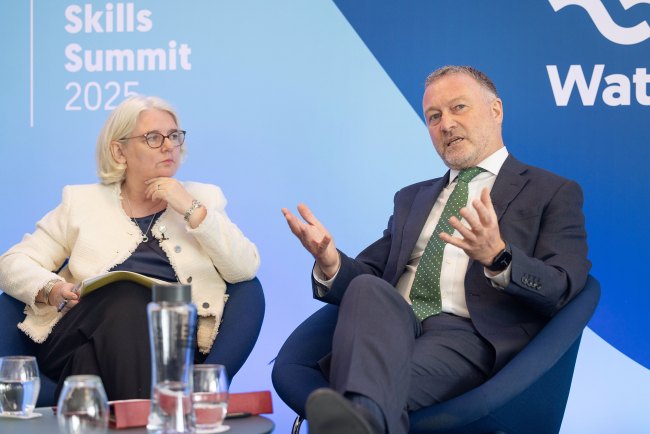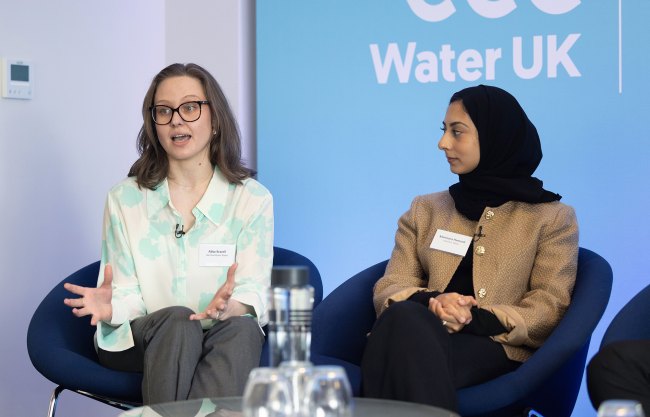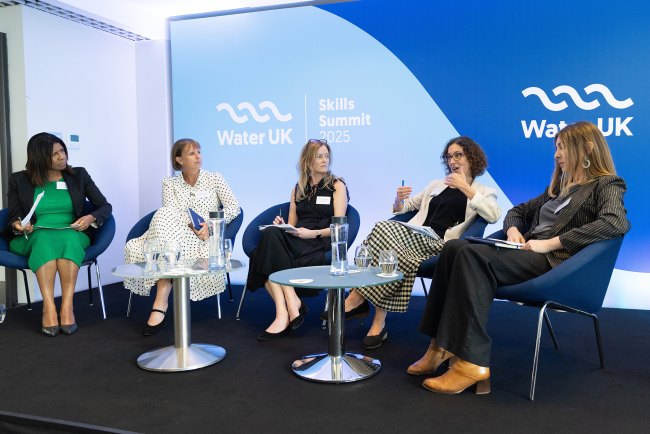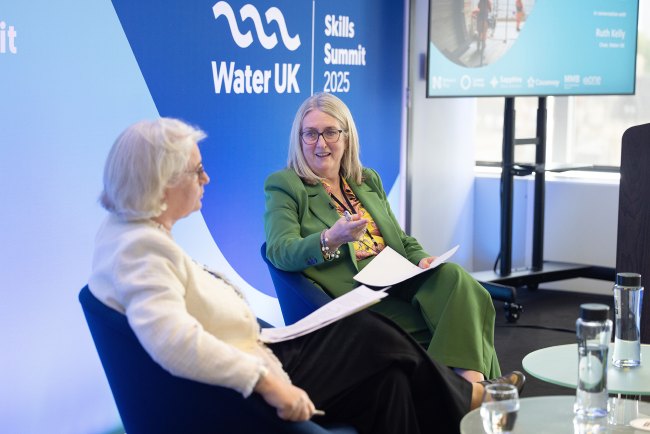Views
Government and water industry join forces to boost skills, jobs, and economic growth
Water UK has hosted its inaugural Skills Summit, uniting government, water companies, and the broader supply chain to take decisive action on building the workforce of the future. With themes of growth, opportunity, and collaboration woven throughout the day, the Summit reinforced the critical role the water sector plays in powering the UK’s economic growth and investing in people.

The event focused on a central challenge: how to ensure the UK has the skilled workforce required to deliver one of the most ambitious infrastructure programmes in its history. Recognising the scale of the task, the water industry and government came together to announce a landmark commitment to recruit and train 50,000 people by 2030.
In his keynote address, Steve Reed MP, Secretary of State for Environment, Food and Rural Affairs, spoke of a “new partnership between the water sector and government,” that will turn a page on the past. Central to this is the launch of the Water Skills Pledge, a cross-government commitment to support the water workforce in delivering the sector’s £100 billion investment across England. The water sector was also designated a priority area for economic growth.
Ruth Kelly, Chair of Water UK, described the day as a turning point: “This is the moment we’ve been waiting for, where we can all move forward with confidence”.

A key commitment from the water companies at the summit was the recruitment of up to 5,000 apprentices and an additional 2,000 young people and a new ‘Water Academy Work Programme’. One of the day’s most powerful moments came when apprentices and early career professionals shared their stories, aspirations, and experiences, bringing to life the sector’s promise and potential. This was chaired by Emma Hardy MP, Minister for Water, who emphasised the important role water companies play in providing quality careers in every region of the country.
Another major theme was the need to enhance the capabilities of the workforce, ensuring that the sector can meet future challenges such as climate resilience and the integration of new technologies. This will require expertise across a wide range of disciplines – from engineers and construction managers to AI specialists and catchment scientists.

Baroness Jacqui Smith, Minister for Skills, emphasised the importance of building stronger ties between the water sector and education. She called for industry involvement in shaping further education qualifications, helping to create a pipeline of talent aligned with the sector’s needs. World class research is also needed, which will now be supported by the new £25,000 annual Watershot Prize.
Collaboration was the defining theme of the day, underpinned by a shared commitment to providing world class drinking water, protecting the natural environment and supporting economic growth. Ruth Kelly summed up the conference as further recognising the talent of the people in the industry and the value of those that will join it.





